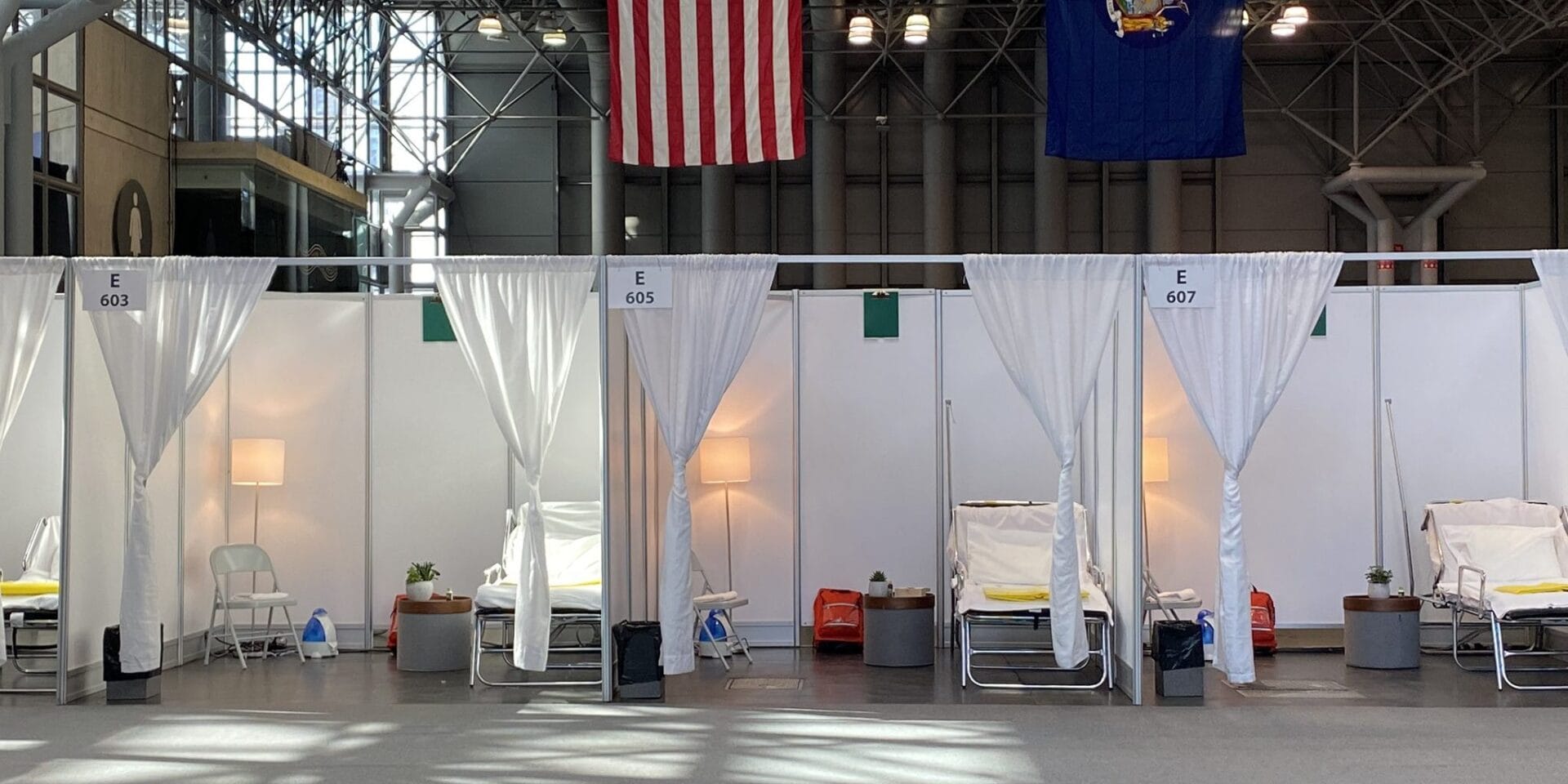On March 10, due to the ongoing COVID-19 pandemic, Massachusetts Governor Charlie Baker declared a State of Emergency. On March 15, schools were closed through April 6. A week later, all non-essential business was shut down across the state. It’s probable that this period will extend through the end of April.
California has also implemented a stay at home model similarly to Massachusetts. Last week, the California Solar & Storage Association put out a memo, based upon key job descriptions from the federal government, by which they believe solar installation work is an essential service:
- Workers such as plumbers, electricians, exterminators, and other service providers who provide services that are necessary to maintaining the safety, sanitation, and essential operation of residences.
- Workers who maintain, ensure, or restore the generation, transmission, and distribution of electric power, including call centers, utility workers, reliability engineers and fleet maintenance technicians.
- Construction Workers who support the construction, operation, inspection, and maintenance of construction sites and construction projects (including housing construction).
The general upkeep of key infrastructure – and electricity is definitely key – is required at all times. Last week a New York state power plant operator began the process of isolating 85 key workers onsite.
Large scale solar power operations and maintenance work probably isn’t too risky as these facilities plants need a few workers per hundreds or thousands of acres. And reality of solar is, as was seen in China during their COVID lockdown, that it runs along on its own with very little human intervention once it’s installed .
Sun up, sun down – everyday.
The question then becomes, should we be installing new solar power and energy storage at business and residential locations?
Without a doubt, if you’re an individual who has an already existing medical condition that makes you dependent on electricity – yes. If you’re a Californian – or Australian – who lives within the wildfire afflicted region whose power might be shut down come next fire season – yes. If your business supports or is one of these essential services to broader society – yes.
And here’s sadder reason: As healthcare worker deaths mount across the world, and the care systems in New York City shift to building field hospitals in Central Park and other unoccupied structures, Italian doctors are pushing to treat more patients at home.
If we’re going to be sent home, and there be hundreds of thousands of us on respirators to keep us alive, and this is going to happen across the country in potentially multiple waves over a period approaching two years , then yes, we need to be installing onsite infrastructure that keeps people alive. And since we don’t know who it’s going to hit – we all need the opportunity.
I’m in Central Park – they’re building field hospitals for coronavirus patients pic.twitter.com/agpcmVNnXh
— carolynryan 🏳️🌈🏓 (@carolynryan) March 29, 2020
Right now, probably the greatest thing the solar industry can give people, is a little bit of peace and mind.
UPDATE: From the California Solar & Storage Association shortly after publishing this article –
Over the weekend, the federal Cybersecurity and Infrastructure Security Agency issued an updated “Coronavirus Guidance for America” memo to further clarify essential critical infrastructure workers during COVID-19. The guidance specifically identifies renewable energy workers as essential. This update provides further evidence in support of CALSSA’s guidance published March 21 encompassing all forms of solar energy and energy storage.
Specifically, the March 28 memo states:
Workers supporting the energy sector through renewable energy infrastructure (including, but not limited to wind, solar, biomass, hydrogen, ocean, geothermal, and/or hydroelectric), including those supporting construction, manufacturing, transportation, permitting, operation/maintenance, monitoring, and logistics. “
